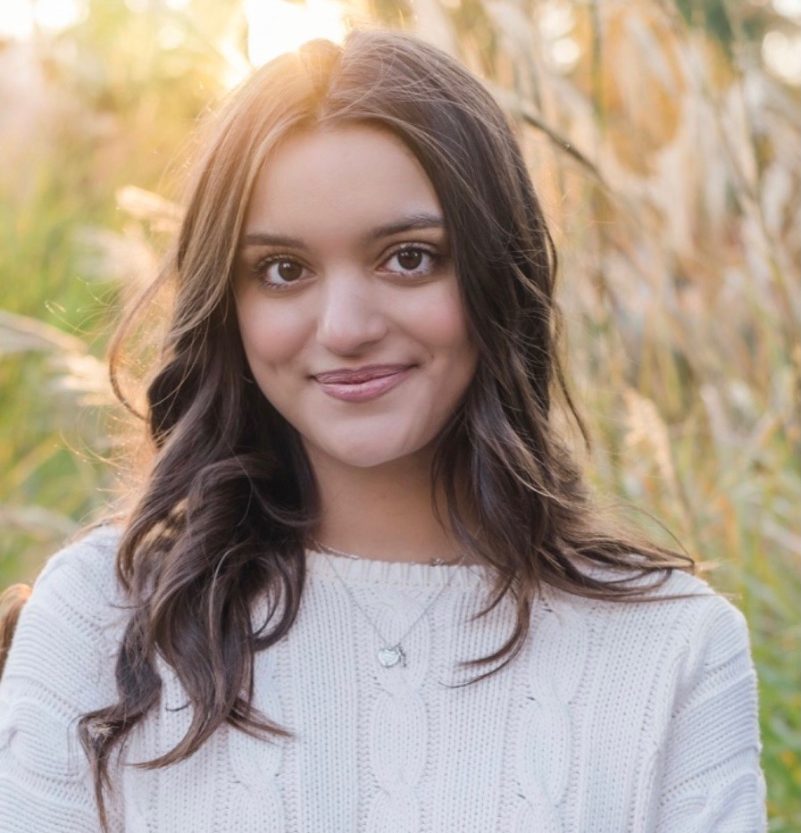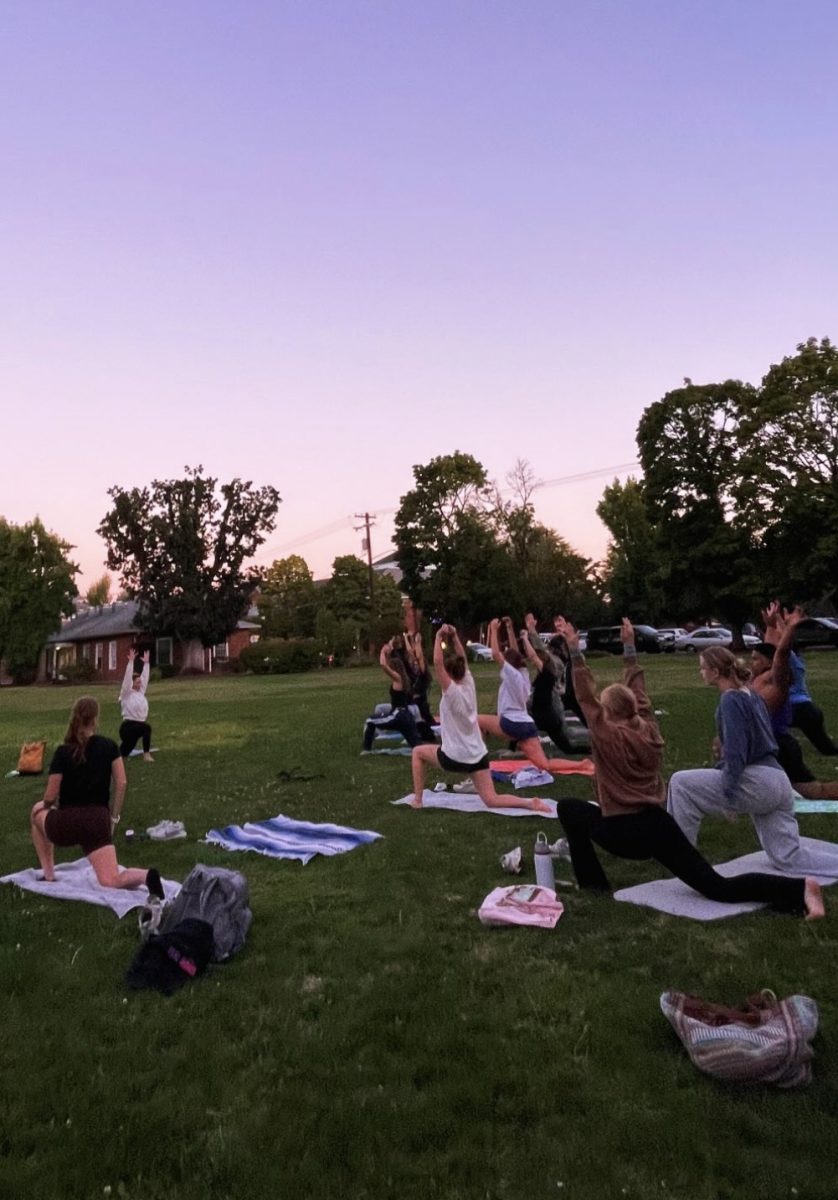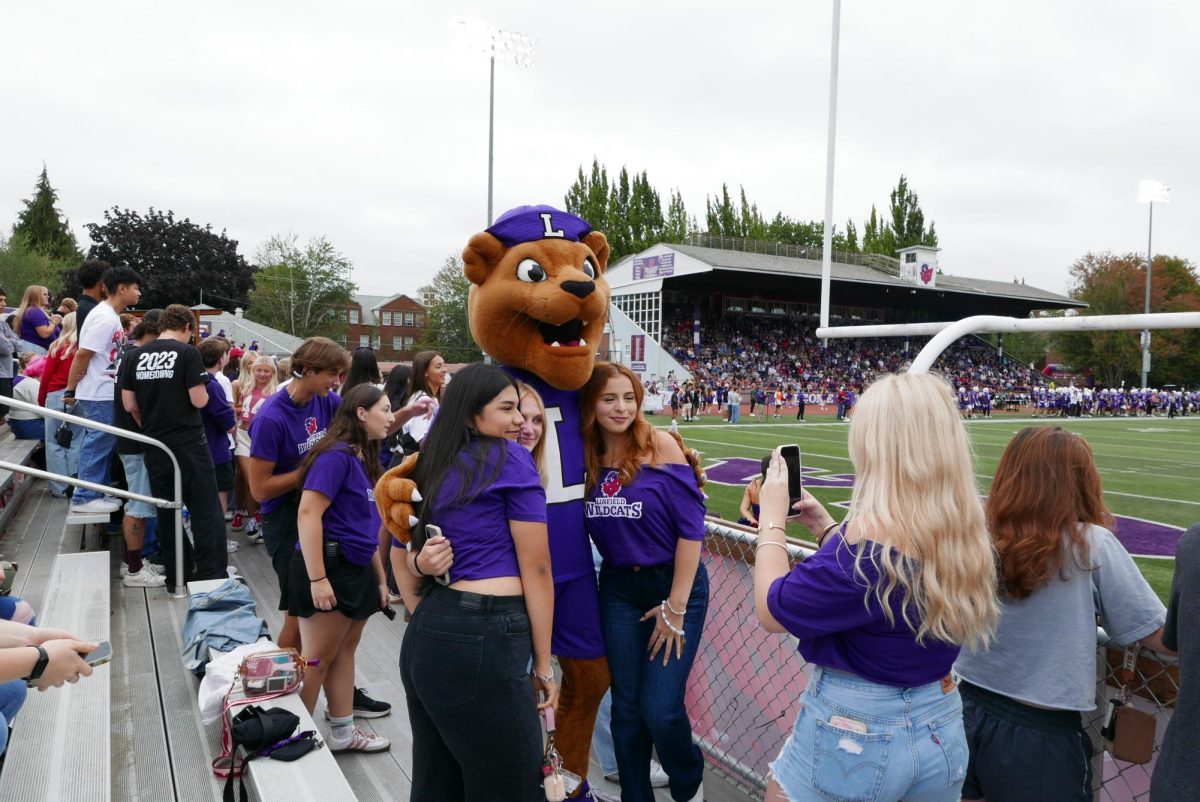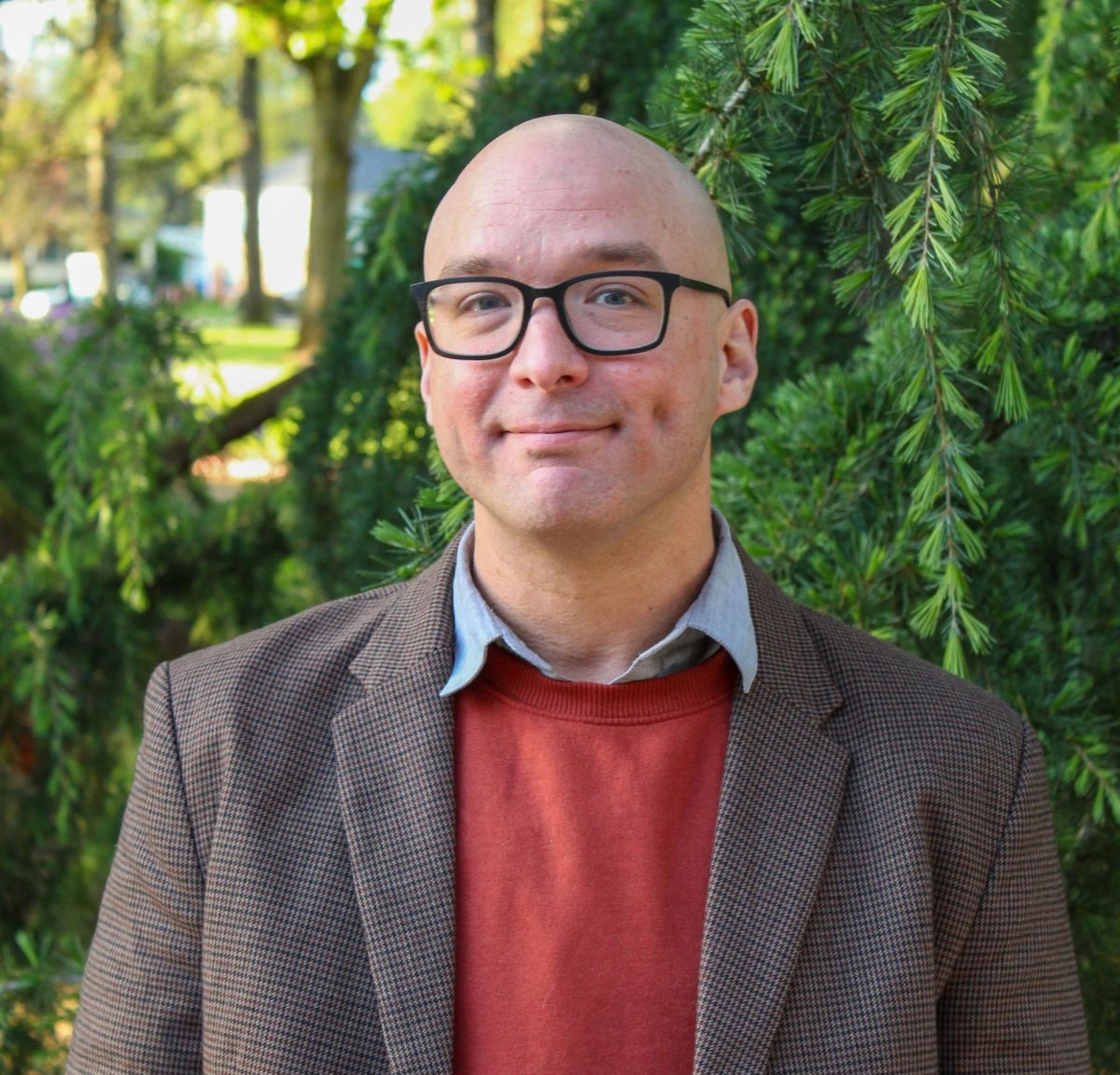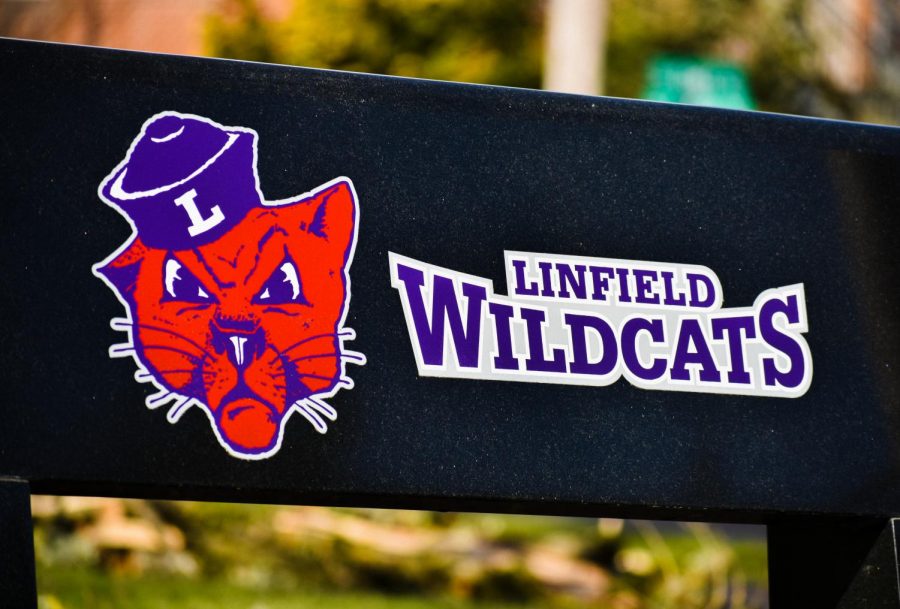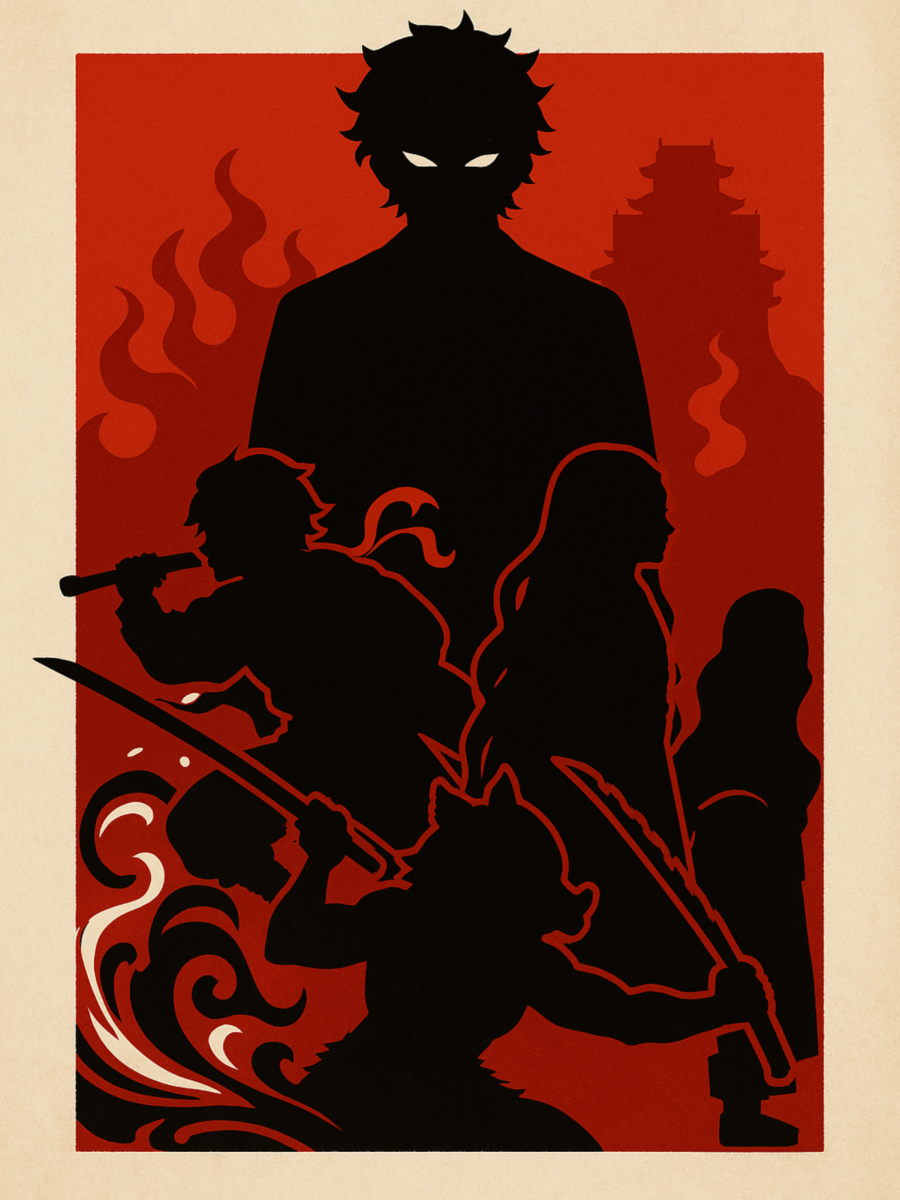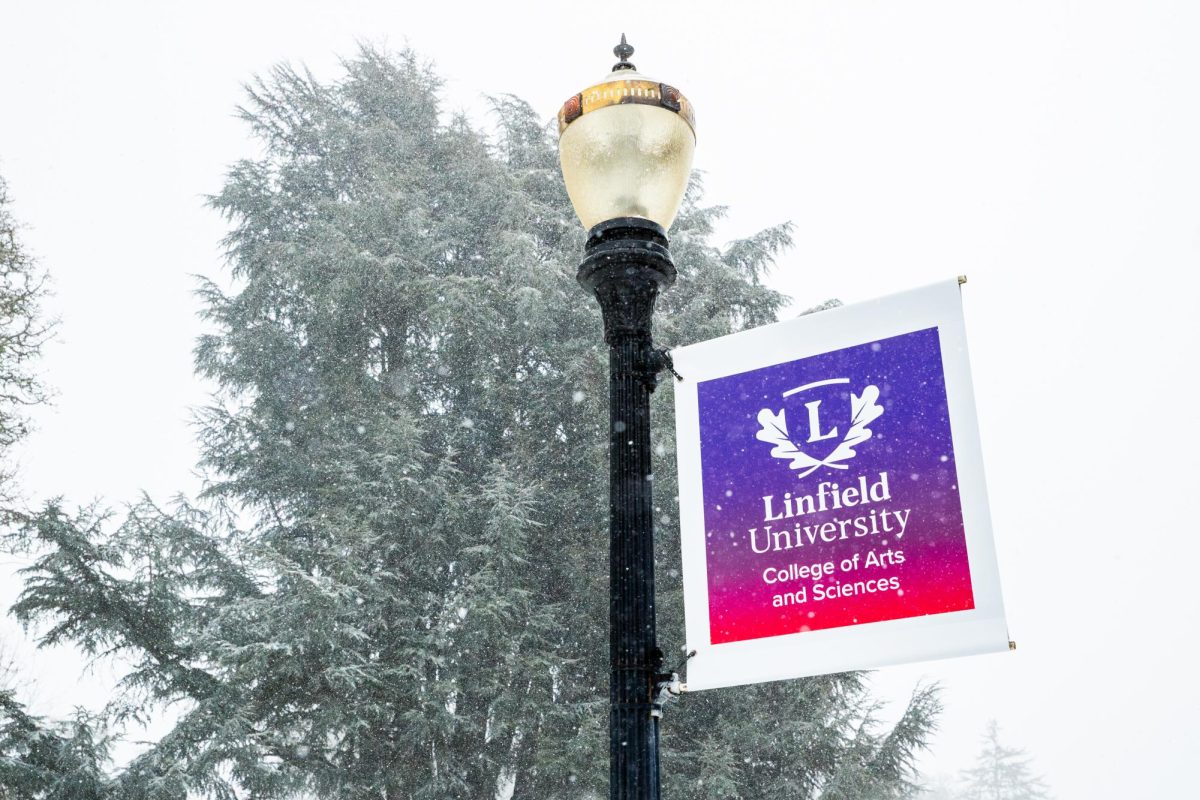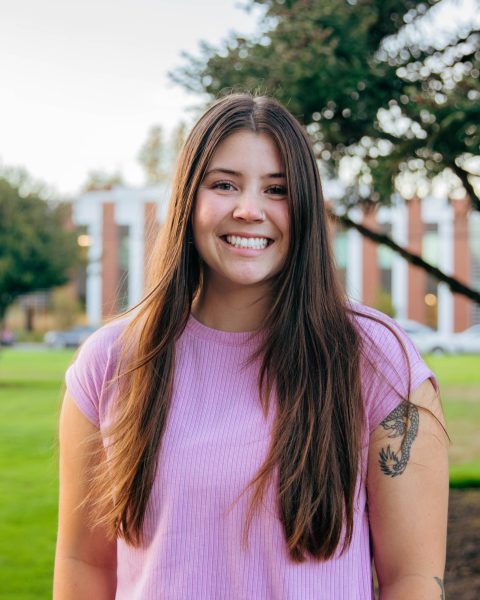Meet Faith Bunker, a Linfield junior, who is Native American with family relations to the Mohawk Tribe in Quebec, Canada.
For Bunker, Thanksgiving isn’t about celebrating the narrative many have been taught through elementary school, instead it’s about family. She and her family choose to refer to the fourth Thursday of November as Family Day.
For Bunker, Family Day is a way for her and her family to recognize their gratitude and love for one another.
“We see it more of a way to celebrate being all together, rather than it being about the origins of the holiday rooted in our oppression and forced assimilation to settler culture,” Bunker said.
The tales of Thanksgiving often don’t include the Native American voice, only the Euro-American voice. According to the National Archives Museum, it was the knowledge of the Wampanoag people that saved the Pilgrims and prevented them from starving.
According to the National Museum of the American Indian, it wasn’t until the 1800s that the myth of the First Thanksgiving from the feast in 1621 resurfaced, as it fit Sarah Josepha Hale’s idea to further encourage the ideology of Manifest Destiny to propel colonization westward, and sparked the modern idea of Thanksgiving.
Nevertheless, the holiday that is celebrated today by many is different from the original intentions.
“My ancestors being forced out of our land and displaced from their livelihood and traditions is something I keep at the forefront of my celebrations,” Bunker said. “I feel lucky to live in a world today that has begun to reframe those histories and acknowledge the hardship my people have faced.”
For Bunker, the atrocities acted upon her culture is something that can never be forgotten. But it’s what people can do now that matters. Acknowledging that Native Americans occupied this land long before European colonizers ever stepped foot on the continent and that the actions acted upon them were more than terrible, is progression.
“Thanksgiving celebrated with that acknowledgment is a step forward and I would urge all families to do so during this holiday,” Bunker said.
Bunker also advocates for educational awareness involving all cultures. As Vice President of Diversity, Equity and Inclusion for her sorority, awareness of other cultures is something she takes seriously. Growing up having to explain to others that she doesn’t celebrate some holidays always ignited awkward conversations for Bunker.
“(Holidays) are kind of a way to really honor somebody else’s culture. I would say that knowledge and knowing why we do certain things is really what (celebrating should be about),” Bunker said. “If everybody had that educational awareness, I wouldn’t feel so, you know, like every time I bring up I don’t celebrate Thanksgiving, it’s a weird subject.”
For Bunker, the fourth Thursday of November is Family Day, and for her, gathering with her family and remembering the atrocities of the past is important, but so is paving the way for a positive future.
“I think as long as we are able to understand, even if we don’t fully understand, but try to understand, it creates this peace,” Bunker said.
In her eyes, understanding will create a better, more seamless world.

